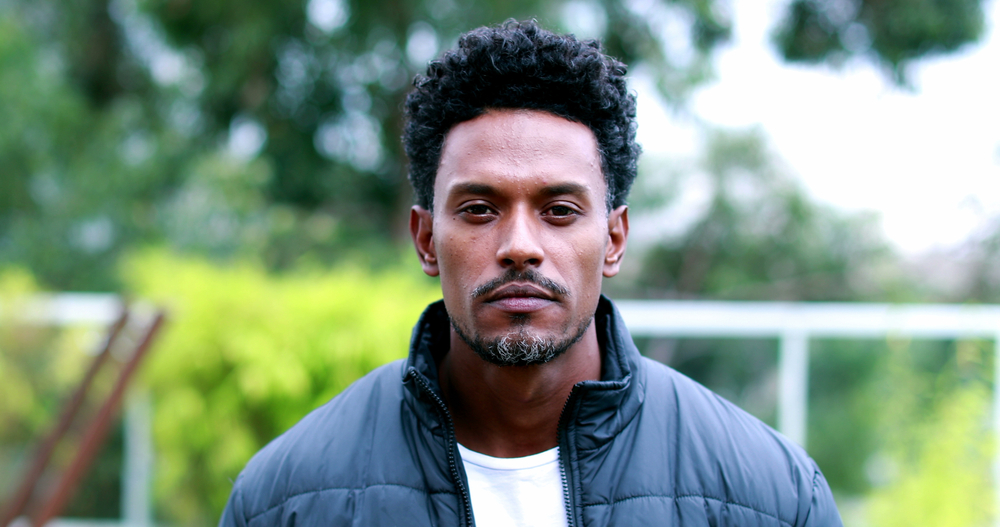You’ve probably seen lots of stories of people becoming “born again” or converting to a new religion for one reason or the other. Though it’s less talked about, the flip side also happens. Many people are choosing atheism after years of practicing one faith or another for a variety of reasons. Here are some of them.
1. They’ve found no evidence that God even exists.

Some former believers arrived at atheism after spending years interrogating their faith and the basis of it. This led to them to conclude that there’s no objective, rational basis for the religious beliefs they’ve held on to so tightly. They accept that the concept of God likely only exists in the collective consciousness of people because there’s no reliable evidence to support the existence of a singular deity.
2. They can’t reconcile all the cruelty and evil in the world.

If God exists, why would he let so many terrible things happen to innocent people? It’s hard to reconcile the idea of an all-powerful, omnipotent, omniscient, and loving God with the existence of incredible suffering and evil in the world. Eventually, it stops making sense to people that God would allow this cruelty to go unchecked or let bad things to happen to good people just to teach them a lesson.
3. Their faith doesn’t match up with their values and lifetyle.

As the American Psychological Association explains, some turn away from their faith because their religious beliefs are in direct contradiction with the way they live on a daily basis. For example, when a person believes in women’s equality and right to bodily autonomy, that there’s no sin in being queer, or that people don’t have to be religious to be good, these values may not align with their faith. In this case, giving up faith may be a logical next step.
4. The role of religion in politics and socialization is off-putting.

Some people choose atheism because they’ve grown tired of witnessing others weaponize their beliefs to subjugate or deny a group of people their rights. They no longer want to be a party to a creed that requires people to deny facts and stir up intolerance in the name of preserving their faith.
5. They don’t want to follow the stringent rules.

Practicing faith comes with a lot of rules depending on the doctrine you follow. It’s typically made to seem as if the more rules you can abide by, the more devout you are and deserving of God’s love. After years of trying to keep up with all the dos and don’ts, some people find the weight of these religious expectations too heavy or impossible to bear. So, they choose to stop believing in the source of these rules.
6. They want to escape their trauma.

Not everyone has the privilege to practice their faith peacefully and nurture a connection with God without complications. For many, there are lots of bad experiences tied up with religion, like abuse, repression, oppression, and guilt. These negative experiences can cause them to become critical of religious dogma, so they end up choosing atheism.
7. They’re more educated than they were before.

The truth is that no one is born believing in anything. However, if your parents are people of faith, you’ll inevitably become indoctrinated with their religious beliefs before you can even think for yourself. As some people grow up and start to read and analyze these beliefs by themselves and gain more understanding of science and how the world works, to come to see faith as a form of delusion or wishful thinking.
8. They want to be free from religious doctrine.

People are also returning to atheism because they no longer want to be regulated by outdated mores. They don’t want to have to cherry-pick which rules to follow or abandon based on whether their conscience agrees with a particular aspect of their faith, and they don’t want to live their lives out of fear of punishment or a desire for a reward.
9. They find it difficult to practice their faith.

Some people eventually come to the realization that they’re either not cut out or simply don’t care for all the work it takes to keep up with their faith. They’re tired of attending religious gatherings, praying all the time, making self-sacrifices, avoiding certain foods and drinks, repressing their needs, or constantly confessing sins and seeking forgiveness. With atheism, there’s no need for all that, and they can just live ethically and freely without the constraints of religion.
10. They’ve had the opportunity to interact with people from other faiths.

Many people grow up in religious households, surrounded by a community that shares their exact beliefs. As such, their faith is constantly being reinforced, so they go into the world believing that their views on God are the one true path. However, when they have the opportunity to learn about their religious beliefs and practices, it leads them to start questioning why so many faiths exist and why each one believes that they’re right. As a result, they may end up rejecting the idea of religion in its entirety.
11. They need to be free of the feeling of guilt.

Most, if not all, faiths have a running list of what they consider sins, including but not limited to drinking alcohol, getting divorced, being physically intimate with someone outside marriage, or even thinking “unpure” thoughts. The consequences of engaging in these activities are often severe and traumatizing. The result is that many followers spend years carrying around a ton of guilt around technically harmless or trivial things. Unsurprisingly, some of them choose to opt out of religion to protect their mental health.
12. They no longer believe it makes sense.

It takes reading religious texts or listening to teachings with just a little critical eye to realize how ridiculous a lot of it appears. After years of suspending logic and disbelief, some decide that enough is enough, and they’re not willing to keep pretending that they agree with the tenets of their faith.
13. They’re disillusioned with other religious followers.

It’s nearly impossible to practice faith in a vacuum, especially when your faith is connected to an established religious denomination. Since faith is not just about the individual but about what other people are doing with it too, some people become disillusioned with religion by merely bearing witness to the evil frequently done in its name. They see fellow believers who are hypocrites or who use their faith to justify or evade accountability for abuses, bigotry, hatred, and fanaticism.
14. They realize their faith was imposed on them.

Another reason why people choose atheism after years of faith is that their eyes have been opened to the fact that they never had a hand in choosing their faith to begin with. Like most people, they were born into their faith because it’s what their family practiced. Now that they can decide for themselves, atheism seems the most logical choice.
15. Science fills the gap.

When you’re younger or less knowledgeable, it’s easy to ascribe things you don’t understand to the supernatural. But with discoveries and advances being made in science every day and an increased willingness to seek knowledge, some people are realizing that religion was just a placeholder for them. They no longer require it to fill the gaps in their understanding because they’re finding those answers else in more concrete ways.
Enjoy this piece? Give it a like and follow PsychLove on MSN for more!



